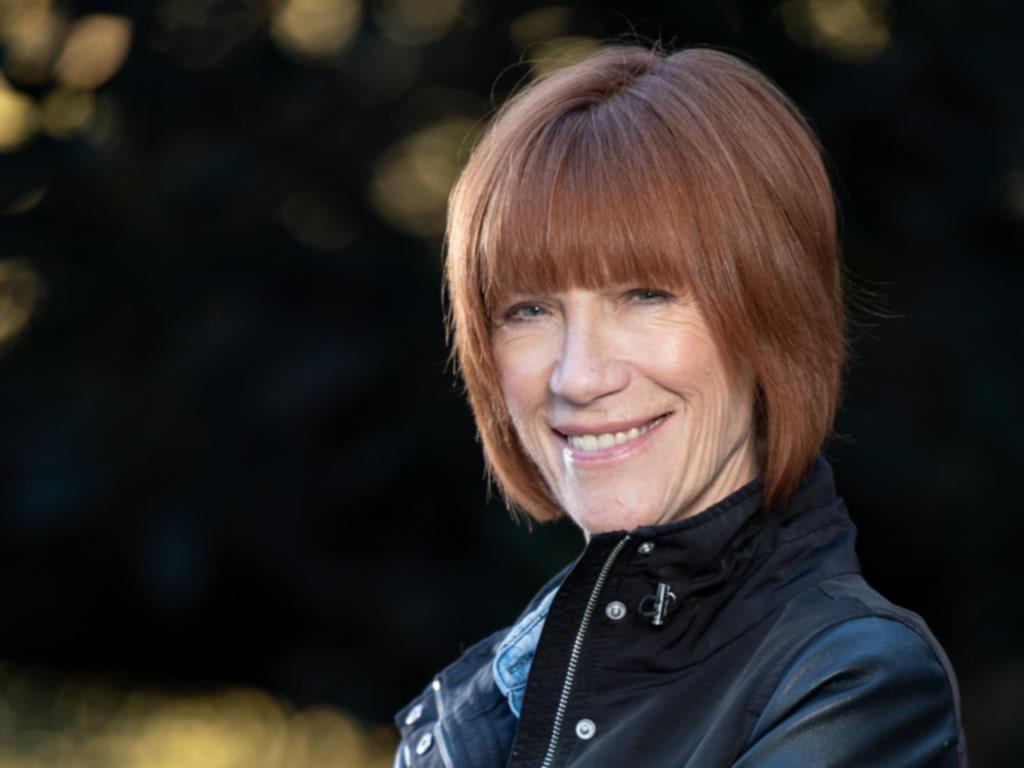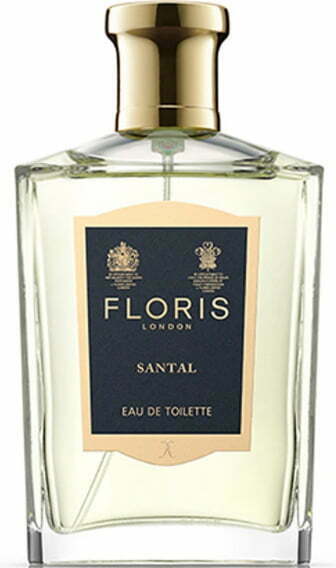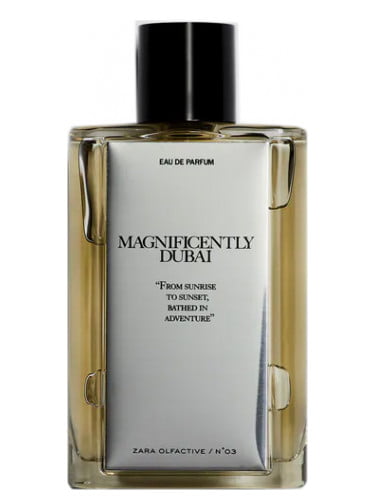KIKI DEE

Pauline Matthews (born 6 March 1947), better known by her stage name Kiki Dee, is an English pop singer. Known for her blue-eyed soul vocals, she was the first female singer from the UK to sign with Motown’s Tamla Records.
Dee is best known for the hit singles “Amoureuse” (1973), “I’ve Got the Music in Me” (1974) and “Don’t Go Breaking My Heart”, her 1976 duet with Elton John, which reached number 1 on the UK Singles Chart and the US Billboard Hot 100 chart. Her 1981 single “Star” became the theme song for the talent show Opportunity Knocks when it was revived by the BBC in 1987. In 1993, she performed another duet with John for his Duets album, a cover version of Cole Porter’s “True Love”, which reached number 2 in the UK. During her career, she has released 40 singles, three EPs and 12 albums.
Dee was born in Bradford, West Riding of Yorkshire, England. At the age of 10 she won a local talent contest, and at 16 she had her first paid job in show business. “I realised when I sang at family parties and Christmases I’d suddenly get everyone’s attention and, being the youngest of three, I thought what a brilliant attention-seeking ploy it was,” stated Dee in a 2013 interview. She added: “My older brother had a lot of Elvis on vinyl and really that was my first introduction to music during the Fifties.”
Aged 16, Dee worked at Boots in Bradford during the day, whilst in the evenings she sang songs with a dance band in Leeds. A record scout liked her singing and invited her to London to do an audition. There, in 1963, she signed as a solo artist to Fontana Records.
After singing with a local band in Bradford in the early 1960s, Dee began her recording career as a session singer. She sang backing vocals for Dusty Springfield, among others, but did not achieve solo success in the UK for many years. In 1963, Dee released her first single, “Early Night”, the first of eleven singles on Fontana, none of which reached the charts. Her 1966 release “Why Don’t I Run Away From You” (a cover of Tami Lynn’s “I’m Gonna Run Away From You”) was a big hit on Radio London and Radio Caroline, and she sang the B-side “Small Town” in her appearance in Dateline Diamonds the same year. Also in 1966, she achieved wider coverage by singing “Take a Look at Me” in the hit comedy, Doctor in Clover. She brought out an EP, Kiki In Clover – which included “Take a Look at Me” – at the same time as the film’s release.
She recorded her debut album, I’m Kiki Dee, in 1968 which included a series of Phil Spector-style tracks and covers. Her 1968 release “On a Magic Carpet Ride”, which was originally a B-side, has remained popular on the Northern soul circuit. Much of her early recorded work for Fontana Records, was released on 24 January 2011, on the CD compilation I’m Kiki Dee. Songwriter Mitch Murray created her stage name, and penned her first single, “Early Night”. In the United States she became the first white British artist to be signed by Motown, releasing her first Motown single in 1970.
In the days before BBC Radio 1, Dee was a regular performer of cover versions on BBC Radio, and she starred with a group of session singers in the BBC Two singalong series, One More Time. She also appeared in an early episode of The Benny Hill Show in January 1971, performing the Blood, Sweat and Tears hit, “You’ve Made Me So Very Happy”. Nevertheless, it was only after she signed with Elton John’s label, The Rocket Record Company, that she became a household name in the UK. Her first major solo hits were “Amoureuse” (written by Véronique Sanson, with English lyrics by Gary Osborne) (1973) and “I’ve Got the Music in Me” (written by Tobias Stephen Boshell), the latter credited to the Kiki Dee Band (1974). In addition to her burgeoning career as a lead vocalist, she could sometimes be heard singing backing vocals on various John recordings, such as “All the Girls Love Alice” from Goodbye Yellow Brick Road and various tracks on Rock of the Westies.
Kiki Dee (right) performing at London’s Royal Albert Hall, October 2009, in aid of the PRS for Music (formerly the Performing Right Society) for Music Members’ Benevolent Fund.
Her biggest hit came in 1976, when she replaced an ailing Dusty Springfield for the recording of a duet with John, “Don’t Go Breaking My Heart” (pseudonymously written by John and lyricist Bernie Taupin). The single reached number 1 in both the UK and US, remaining at the top for six weeks in the UK. At the end of the summer, she played as support act to Queen at their Hyde Park concert in front of a crowd of 150,000 people. Prior to the concert, in an interview for Record Mirror, she stated, “My confidence is at an all-time high.”
After a quiet period in the late 1970s, Dee launched a comeback in 1981, releasing one of her biggest hits, “Star”, written by Doreen Chanter of the Chanter Sisters. This later became the theme music to the BBC1 programme Opportunity Knocks between 1987 and 1990. Dee joined forces again with John in 1981, recording a cover of the Four Tops’ song “Loving You Is Sweeter Than Ever” which was written by Ivy Jo Hunter and Stevie Wonder. Both of these were included on her album Perfect Timing, which became a modest hit on the album chart, and she supplied backing vocals for John’s 1983 album Too Low for Zero. Dee also sang the song “What Can’t Speak Can’t Lie” (1983), composed and recorded by the Japanese jazz fusion group Casiopea, and with lyrics by Gary Osborne.













